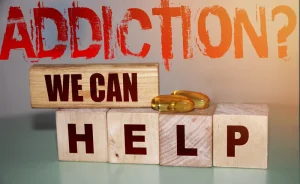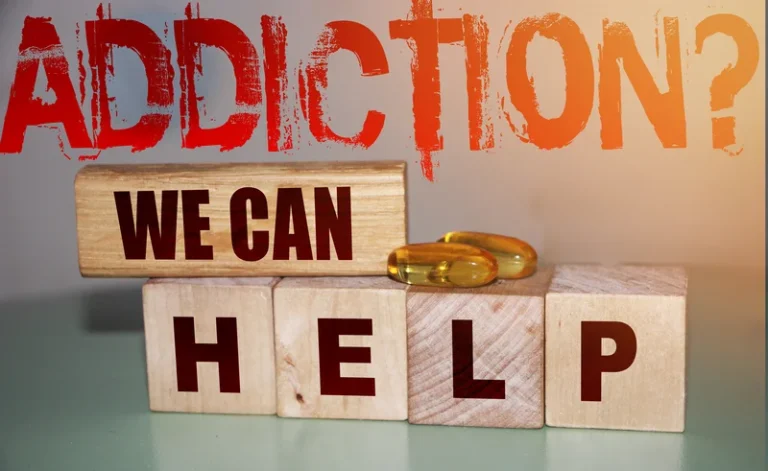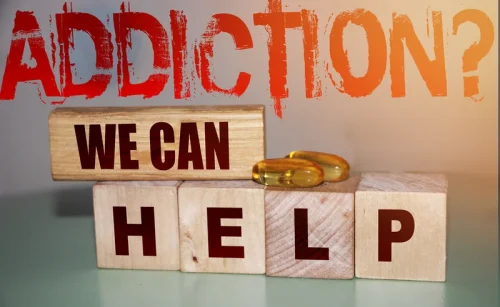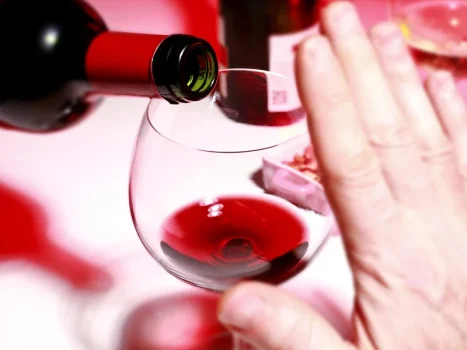Thomas Doe
Social WorkerNulla totam rem metus nunc hendrerit ex voluptatum deleniti laboris, assumenda suspendisse, maecenas malesuada morbi a voluptate massa! Hendrerit, egestas.


Role-playing allows members to practice responses to difficult situations, such as social events where substances may be present. This activity builds confidence in saying no and equips members with strategies to handle real-life challenges. Creating positive affirmations helps members reinforce self-worth and stay motivated. Members are encouraged to develop personal affirmations and share them with the group, helping everyone build confidence and a positive mindset in recovery. Many people find self-help groups to be positive and helpful sober activities that you can rely on anytime, anywhere.

These substance abuse group activities foster empathy and a deeper awareness of the ripple effects of addiction. Substance abuse group activities create a supportive environment that empowers individuals on their path to recovery. These 50 activities build practical skills and encourage self-discovery, resilience, and meaningful connection with others. Through structured, thoughtful activities, members gain the confidence and tools needed to overcome challenges and celebrate victories, creating a foundation for a fulfilling life in recovery.

Some people find it hard to say no to substance use in substance abuse group activities social gatherings or parties. Through this activity, you can encourage your participants to say no to drug use clearly. Those whose keys fit into the lock can sit together and discuss their challenges and offer insights into the recovery journey.

Discuss how treatments for physical illnesses – like broken bones or infections – are similar to treatments for psychological illnesses like addiction. Then write about or discuss ways you can serve the same purpose in a more positive way, such as allowing yourself regular sessions of peaceful self-care to stave off overwhelm. Suggest different coping strategies they could use to stay sober when triggered.
Group mindfulness practices and relaxation techniques, such as yoga or tai chi, significantly benefit people in all stages of recovery, offering a form of self-care. Keep reading to learn specific activities that can help your clients in a group therapy session. Navigating dual relationships, where facilitators have connections with participants beyond the group setting, requires careful attention.

This activity focuses on replacing substance use with healthy alternatives during times of stress. Members brainstorm coping mechanisms like exercise, journaling, and talking to a friend, helping them build a toolkit of positive strategies to maintain sobriety. One of the greatest benefits that comes from developing healthy activities and hobbies is preventing boredom.

Dove Recovery House for Women, one of the first Arts for Awareness grantees, is the largest residential recovery center for women suffering from substance abuse in the state of Indiana. They are using their Arts for Awareness grant to integrate music therapy and art groups into their existing treatments. By incorporating these strategies, individuals can create a structured recovery plan that nurtures their mental and emotional health, fostering resilience and supporting a healthier lifestyle. Nature supports cognitive functions significantly by enhancing focus and problem-solving skills. Outdoor activities stimulate mental engagement while providing a distraction-free space, allowing individuals to think clearly.
Have the group share how they can improve their self-care or list them out as part of your substance abuse group activities. Warm-up exercises serve as a bridge between members’ daily lives and focused group discussions. These exercises can include mindfulness activities, deep breathing exercises, or brief reflections on personal progress since the last session. Warm-ups set a contemplative tone, helping participants transition into the group environment and encouraging them to be heroin addiction present and engaged throughout the session.